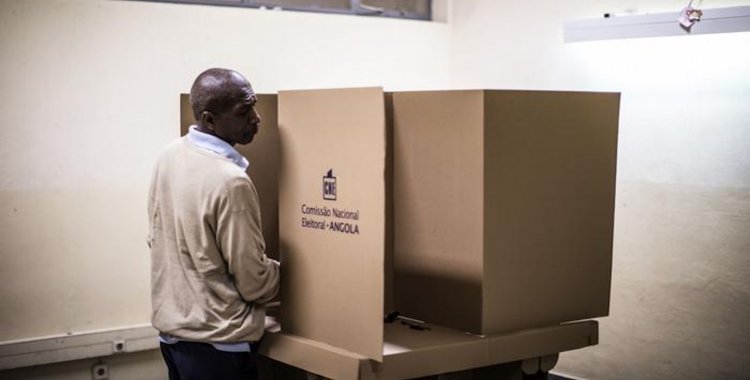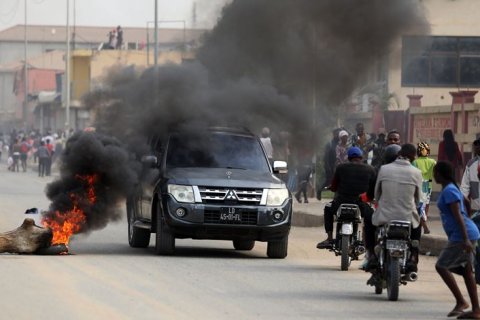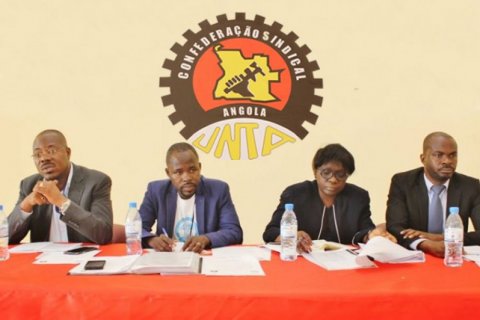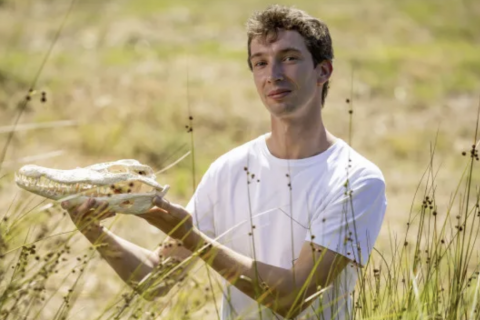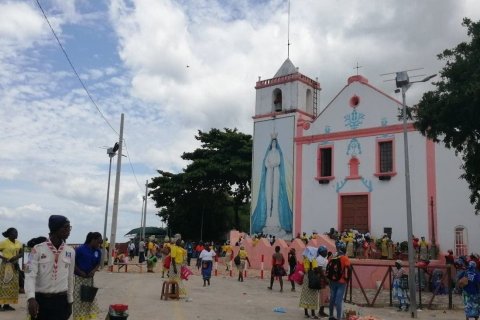Francisco Queiroz was speaking to the press at the end of the balance sheet meeting of the Program for Massification of Civil Registration and Attribution of the Identity Card, at a time when the official electoral registration campaign is coming to an end, for the general elections in August this year.
According to the minister, this balance was needed on how many identity cards (ID) have been issued since the last elections, in 2017, how many tickets there are in the country, how many citizens are identified and how the process took place.
"The information we obtained after this balance sheet meeting was that 12.5 million national citizens have been identified so far, these are the citizens who have ID. Of these, 10.2 million are older citizens who can vote. These numbers were driven by the BI registration and attribution campaign that has been running since November 2019", he stressed.
The official considered the result of the campaign "very positive", which has "strong" funding from the General Coffer of Justice, in the amount of 5.1 million dollars.
"This investment entirely made by the safe has boosted the work of identifying the population since 2019, when the BI registration and attribution campaign began", he reinforced.
According to Francisco Queiroz, 15,919 new tickets have been issued abroad so far, for the first time, but the number of citizens with the capacity to vote is greater.
Regarding the challenges, Francisco Queiroz stressed the need to identify who died, because for the issuance of the death certificate data from the identification card is required.
"It requires the ID number, the date of birth and also requires the indication of the cause of death and these data are not always delivered so that it is possible to know exactly who died, how they died and where they are buried", he stressed.
The minister of Justice and Human Rights stressed that the difficulty of identifying the deceased is increased, because "many citizens die and are buried in local cemeteries, many of them are not even known".
"Therefore, it is a difficulty that we have. Here at this meeting we have given guidelines to the provincial justice delegations so that they work locally to collect data and send it to us and that they also work with the traditional authorities, in order to obtain the greatest amount of information about the dead in each locality, so that we can have an approximate number of those who died", he added.
Another situation reported has to do with the delivery of 281,000 identity cards that are at the identification posts and have not been picked up by their holders, with 52,736 documents having been delivered so far.
"This campaign makes us work every day, including Saturdays, Sundays and holidays, until 5:30 pm," he said.
Francisco Queiroz highlighted that, in the country and abroad, there is also a campaign to raise people's awareness of the exchange of voter cards for identity cards, with 8,984 voter cards having been exchanged, in the technical sense, of which 676 in the diaspora.
"It was a good balance, a balance that had to be done on the eve of the closing of the electoral register to have an idea of what exists in terms of BI and citizens with electoral capacity", he said.
For the success of the campaign, the Ministry of Justice and Human Rights, the Angolan Armed Forces, churches, civil society, farmers and traditional authorities are involved, helping to reach the most remote areas.
"In this work we involve brigadistas and volunteers, this amount that the justice coffer spent, these two billion kwanzas are exactly to pay the brigade members and we have traveling kits, which are used by the brigade members to reach the most remote areas", he said, admitting difficulties with poor roads, lack of bridges and various obstacles.

